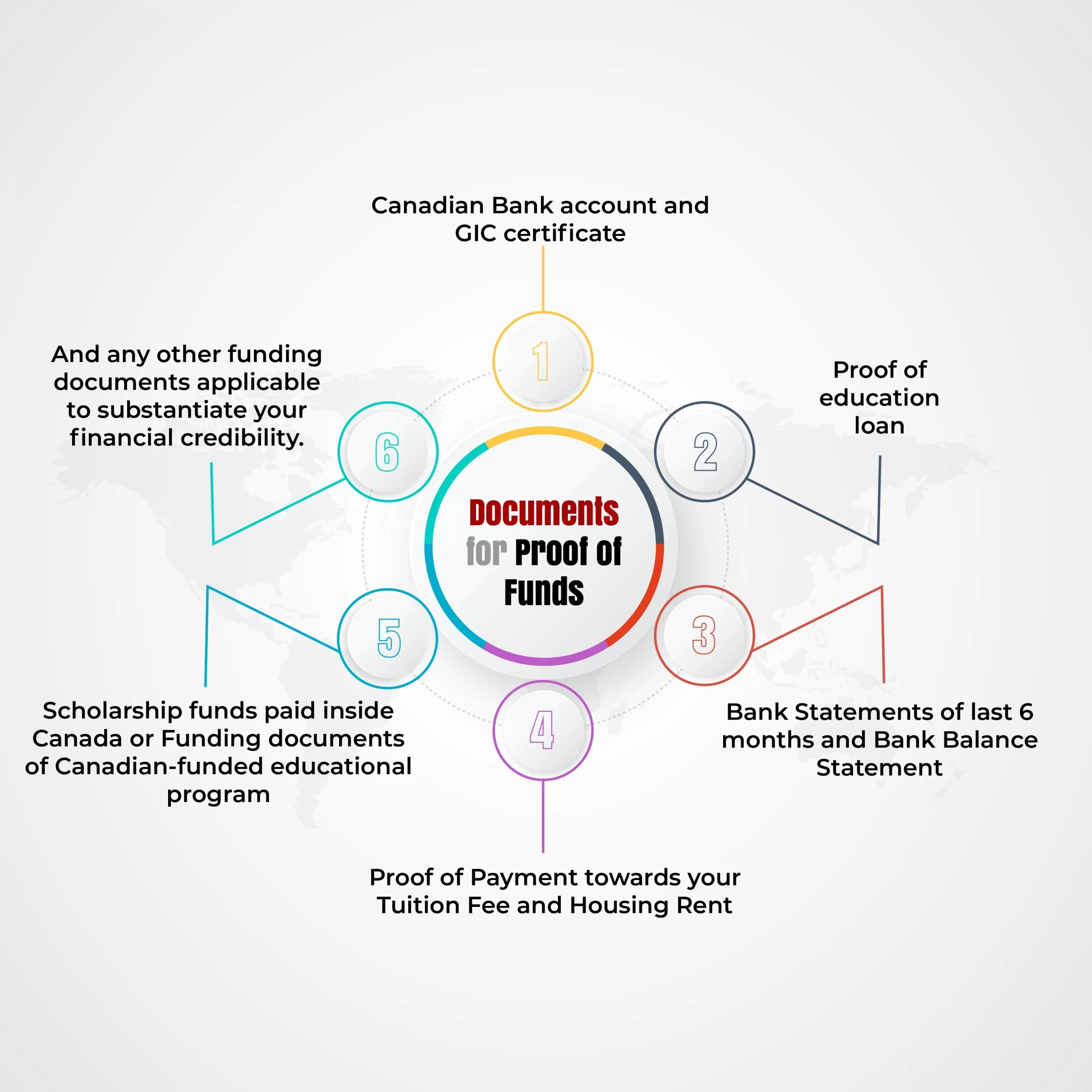Hey there! Are you someone who is passionate about managing business and operations? Is managerial domain your cup of tea? Great! Then I’m sure this blog about International Business Management will excite you for the next couple of minutes!
Studying Business Management on an international scale will multi-fold your profile quality, quadruple global opportunities and enhance your pay scale more than you could ever imagine.
Let’s dive into studying International Business Management program in Canada.
Before knowing about International Business Management let’s have a look at what Business Management is…
Hop on!
Business Management
The process of planning organising, directing and controlling the business activities of an organization to achieve its goals and objectives as anticipated, in an efficient and effective manner is called Business Management. The process involves overseeing ample functions and resources like human resources, finance, marketing, operations, and more, to ensure a smooth, successful and hassle-free business operations.
Notable Aspects of Business Management include,
Planning: Strategic Development and Goal Setting to the drive the organisation with intended efforts.
Organizing: Structural organization of a company’s resources, which include people and processes to achieve the objective of an enterprise.
Leadership: Leading, Guiding and Motivating the employees to work towards common organizational goals.
Controlling: Progress monitoring, Performance measuring, and taking corrective actions whenever necessary to ensure that the organisation traverses on the correct track.
Added to this, Decision Making, Problem Solving, and Agility are some of the other activities that involves Business Management. It is broadened by encapsulating other disciplines and specializations like Human Resource Management, Marketing Management, Financial Management and Operations Management.
With this we can implicate Business Management is the base of an organization with other pillars like HRM, Marketing, Operations and Finance. Now, what is an International Business Management? How will Business Management work on the international scale?
Let’s dive in…
International Business Management
The management and operations of businesses in a global context is called International Business Management. This is a broad version of business management which further encompasses various aspects of internationalizing businesses like building strategies for expanding into foreign markets, managing diverse cultural and economic backgrounds, and addressing the globalization challenges.
Elaborating some of the key points…
Globalization
As we are in the digital era, the increasing globalization is making way for the omnipresence of companies that are looking to operate across borders to be accessible to various markets, resources and consumers.
Scope
The scope of International Business Management is widespread as one can place their feet in areas like international marketing, global supply chain management, international trade policies, cross-cultural communication, and global business strategy.
Challenges
There are unique challenges in managing businesses internationally which includes dealing different legal systems, cultural norms, currencies and market conditions.
Market Research
Market Research and Analysis are 2 pivotal components of international business management. Understanding the cultural, economic and political factors across countries is crucial for making business decisions.
International Trade
Perceiving international trade policies, trade agreements, tariffs, and export-import regulations is pivotal for companies involved in cross-border trade.
Studying IBM in Canada
It is nothing new to know that Canada is exceptionally one of the best countries for international education. The benign nature of the country, cultural diversity, high-quality education for international students makes the great white north the best overseas study destination for international students.
International Business Management is one of the well happening programs in Canada. Most of the reputed Canadian institutions are offering the program at various levels of education like Graduate Certificate, Diploma, Post-Graduate Diploma, Bachelors, Master and more…
Canadian institutions blend traditional classroom instruction with experiential learning techniques which will prepare the students for their professional arena. The curriculum followed by Canadian institutions links traditional business disciplines with concepts in corporate social responsibility, innovation and diversity.
The programs teach you all the underlying concepts of International Business Management and make you a completely equipped professional with skills like leadership, management, corporate negotiation, human resource management, financial management, marketing management, corporate communications, and more…
Career Opportunities in IBM
International Business Management allows you to partake in a variety of positions like,
1. International Marketing Manger
2. Global Supply Chain Manager
3. International Trade Specialist
4. Business Development Manager
5. Foreign Service Officer
6. International Financial Analyst
7. Global HR Manager
8. International Consultant
9. International Business Development Representative
How studying IBM in Canada benefits you?
There are promising benefits for international students who plan to study in Canada. Some of those include,
Work and Study Permit – You are allowed to work while studying in Canada. You can have a great time earning by taking up a suitable professional and working part time for up to 20 hours a week.
Post-Graduate Work Permit – Once you graduate from the Canadian institution, you will be offered with post graduate work permit of up to 3 years depending upon the duration of your program.
Scholarships and Financial Aid – There are numerous scholarships and financial aids that can be availed in Canada for international students. When the academic records and standards suffice the requirements, you can apply for scholarships.
Cultural Experience – Canada is a cultural hub, and you will meet people from various walks of life, happen to experience cultural diversity as the country allows different people live in harmony.
Networking Opportunities – You can build your professional network and make way for a promising career out there in Canada. Many like-minded and skilful people group together which will increase your chances of widening your professional prospects.
Permanent Residency – There are numerous pathways for international students to apply for Canada PR after their graduation. Upon the completion of education in Canada, one can apply for PR when the eligibility criteria are met.
Wapping up!
Great, you’ve made up to the end!
Are you interested to study International Business Management in Canada? CanApprove is right here to assist you. Right from college selection to visa stamping we have it all covered for you. Connect with our education coordinator right away and get to know about planning your overseas education in Canada.
Thanks for reading! 😊









